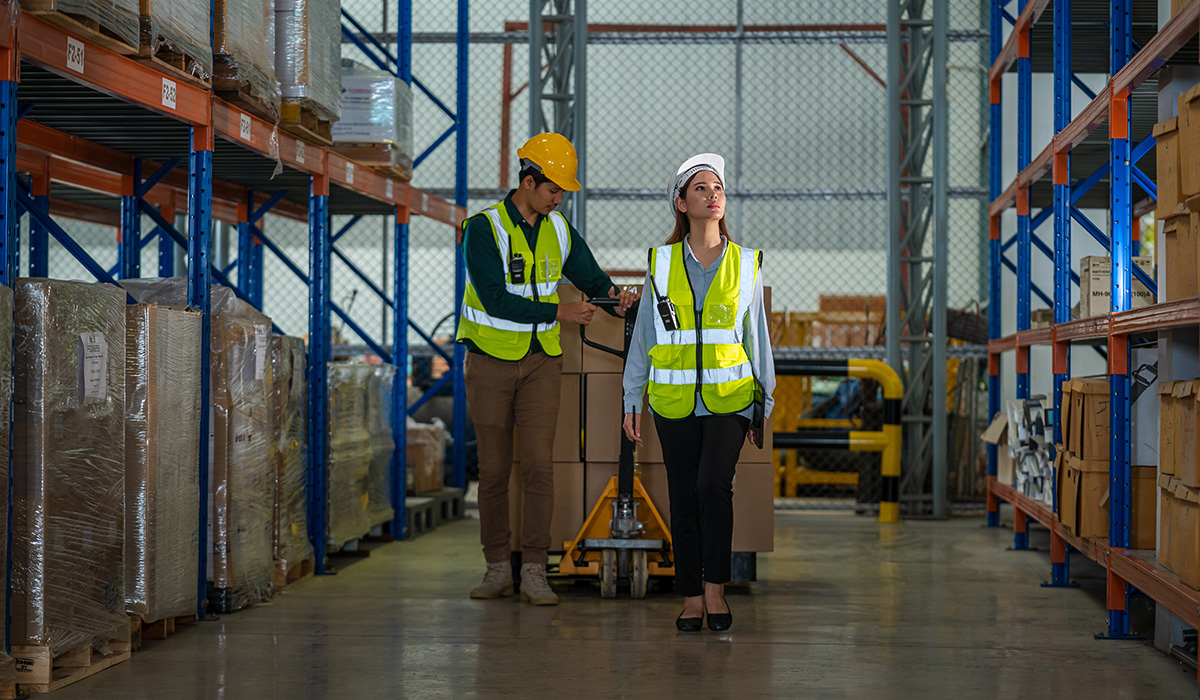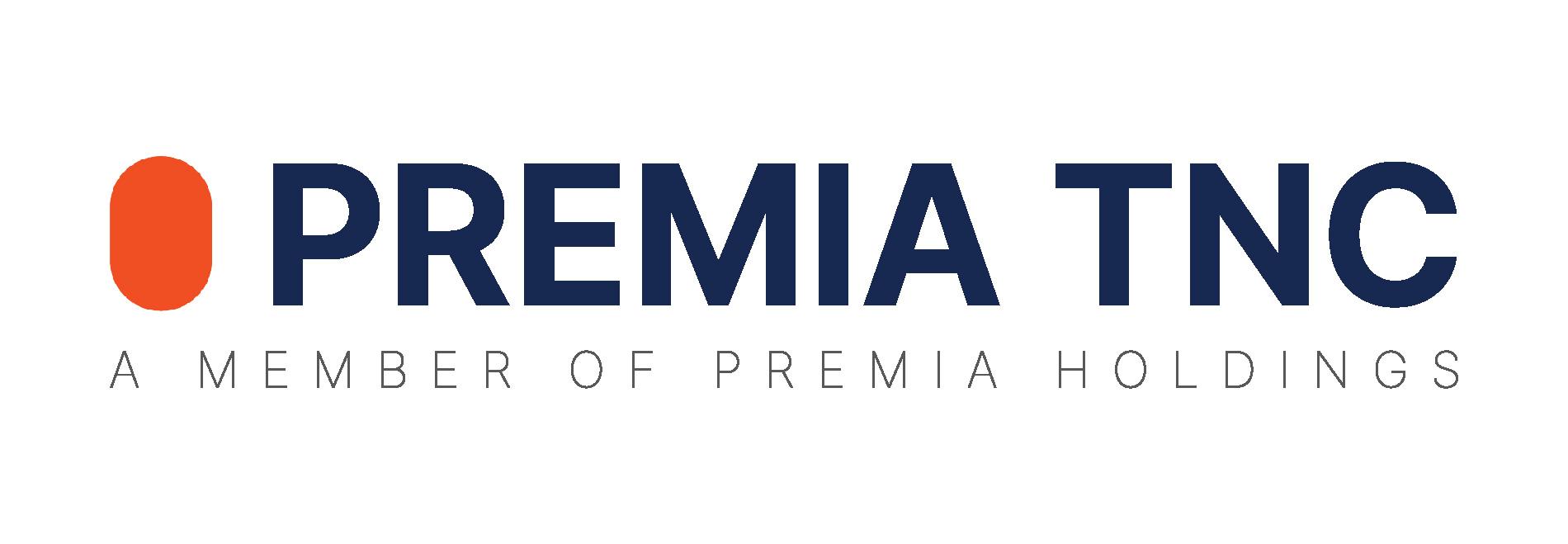Manufacturing Warehouse License
Introduction
In the intricate realm of manufacturing, securing the requisite licenses stands as a pivotal pillar upon which success is built. The acquisition of a Manufacturing Warehouse License is not merely a formality but a strategic necessity that opens the doors to a myriad of opportunities while ensuring compliance with stringent regulatory frameworks. In this comprehensive guide, we delve into the intricate facets of this crucial license, shedding light on its significance, application process, and potential advantages.
Understanding the Manufacturing Warehouse License
Before embarking on the journey of obtaining a Manufacturing Warehouse License, it’s imperative to comprehend its essence. This specialized permit grants a manufacturing facility the legal authority to engage in the production and storage of goods within a designated warehouse space. It encompasses a spectrum of industries, from pharmaceuticals to electronics, each adhering to distinct regulations that underscore safety, quality, and environmental considerations.
The Application Process Demystified
Securing a Manufacturing Warehouse License necessitates a meticulously orchestrated application process. To embark on this path, aspiring manufacturers must meticulously prepare a dossier that encapsulates their facility’s operational intricacies. This documentation typically includes comprehensive floor plans, precise equipment specifications, and comprehensive safety protocols. An intricate understanding of zoning laws and building codes, tailored to the locale of operation, is imperative. Engaging with regulatory bodies and consultants versed in the intricacies of licensing can significantly streamline the process.
Advantages of a Manufacturing Warehouse License
The advantages of obtaining a Manufacturing Warehouse License extend far beyond mere compliance. This coveted permit serves as a hallmark of trust, assuring clients and partners of adherence to stringent industry standards. It facilitates seamless import-export operations, offering potential cost savings through customs duty exemptions and simplified logistics. Moreover, it encourages manufacturers to harness tax incentives and government subsidies, bolstering financial viability.
Conclusion
In conclusion, the Manufacturing Warehouse License is the linchpin of any manufacturing operation, combining regulatory compliance with a gateway to an array of benefits. Its acquisition demands due diligence, meticulous planning, and a profound understanding of industry-specific regulations. Yet, the rewards are abundant – a license that not only legitimizes operations but also paves the path to sustainable success in the manufacturing landscape.
















